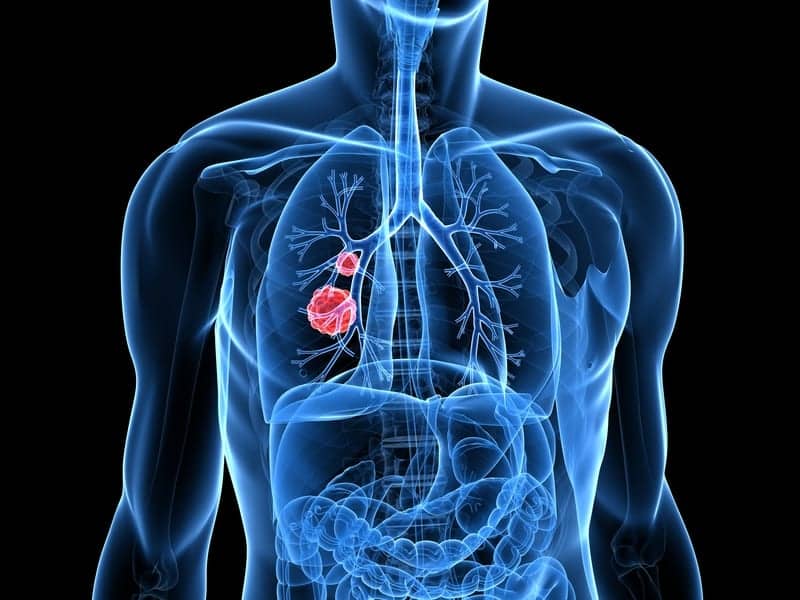Roche and EarlySign have expanded their partnership to include AI-powered lung cancer diagnosis.
Less than a year after entering into a collaboration focused on using artificial intelligence tools to improve the early detection of cancer, Roche and Medial EarlySign are taking their relationship to the next level.
While the original partnership launched last September with an initial focus on applying AI to gastric cancer diagnoses and involved only Roche’s diagnostics division, the upgraded team-up now brings Roche Pharmaceuticals into the fray and expands its focus to include lung cancer—which is among the most common and deadliest forms of cancer globally.
Together, Roche and EarlySign will develop and commercialize the latter’s LungFlag technology. The aim of the partnership is to make early diagnosis of lung cancer widely accessible—since the disease is more likely to be cured the earlier it’s caught—and therefore begin potentially life-saving treatment regimens as early as possible. Read more here.
Study: Plant Compound Berberine Effective Against Lung Cancer
While there is currently no cure for lung cancer, scientists are working on treatment options. Some of these scientists are at the University of Technology Sydney (UTS), where a new study found a natural herbal compound called berberine stops the growth of lung cancer cells in a laboratory setting.
The authors report the results in a paper that recently appeared in the journal Pharmaceutics.
Berberine is a naturally-occurring plant compound used in traditional Chinese medicine for thousands of years. It can be found in a variety of plants, including barberry, goldenseal, Oregon grape, and tree turmeric.
Over the years, research shows berberine to be effective in helping people with type 2 diabetes regulate their glucose levels, and that it helps treat metabolic syndrome. Read more here.
Why Do Many Lifelong Smokers Never Get Lung Cancer?
Among people who smoke but never develop lung cancer, researchers found an inherent advantage. The cells that line their lungs appear to be less likely to mutate over time.
The findings suggest that DNA repair genes are more active among some individuals, which can protect against cancers arising, even when cigarettes are regularly smoked.
The study made use of genetic profiles taken from the bronchi of 14 never-smokers and 19 light, moderate, and heavy smokers.
Surface cells collected from the lungs of the participants were sequenced individually to measure mutations in their genomes.
“These lung cells survive for years, even decades, and thus can accumulate mutations with both age and smoking,” explains epidemiologist and pulmonologist Simon Spivack from the Albert Einstein College of Medicine. Read more here.










